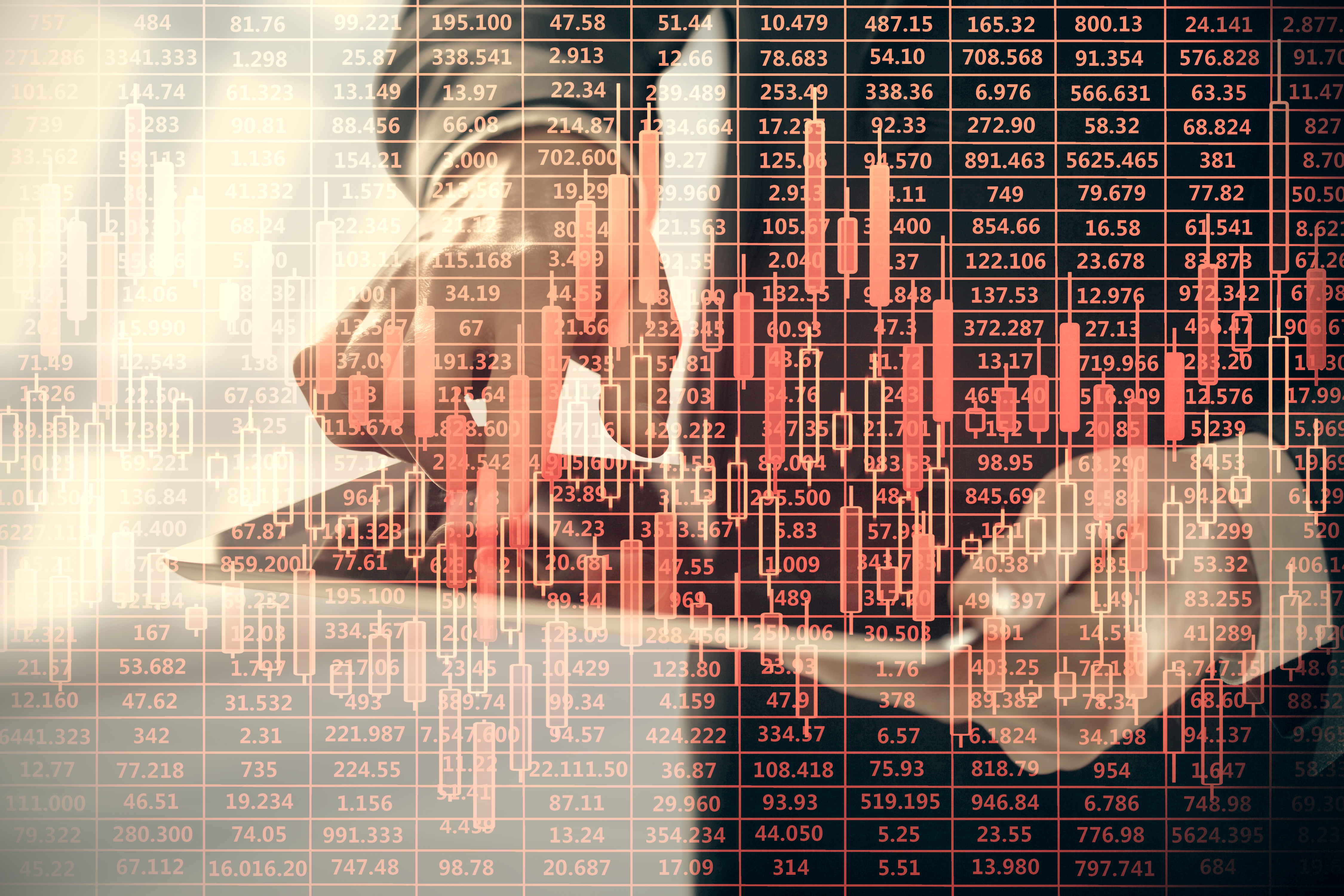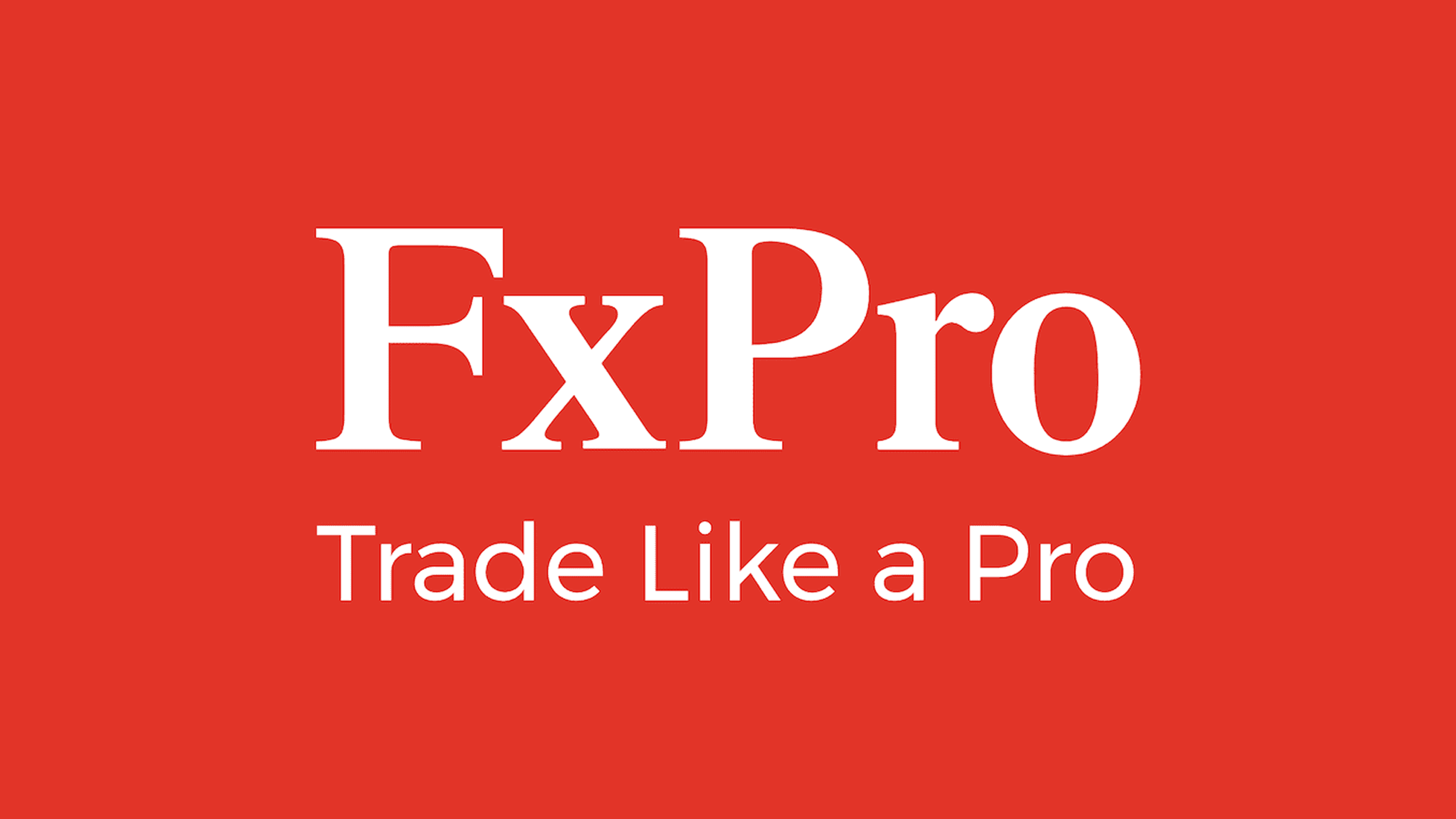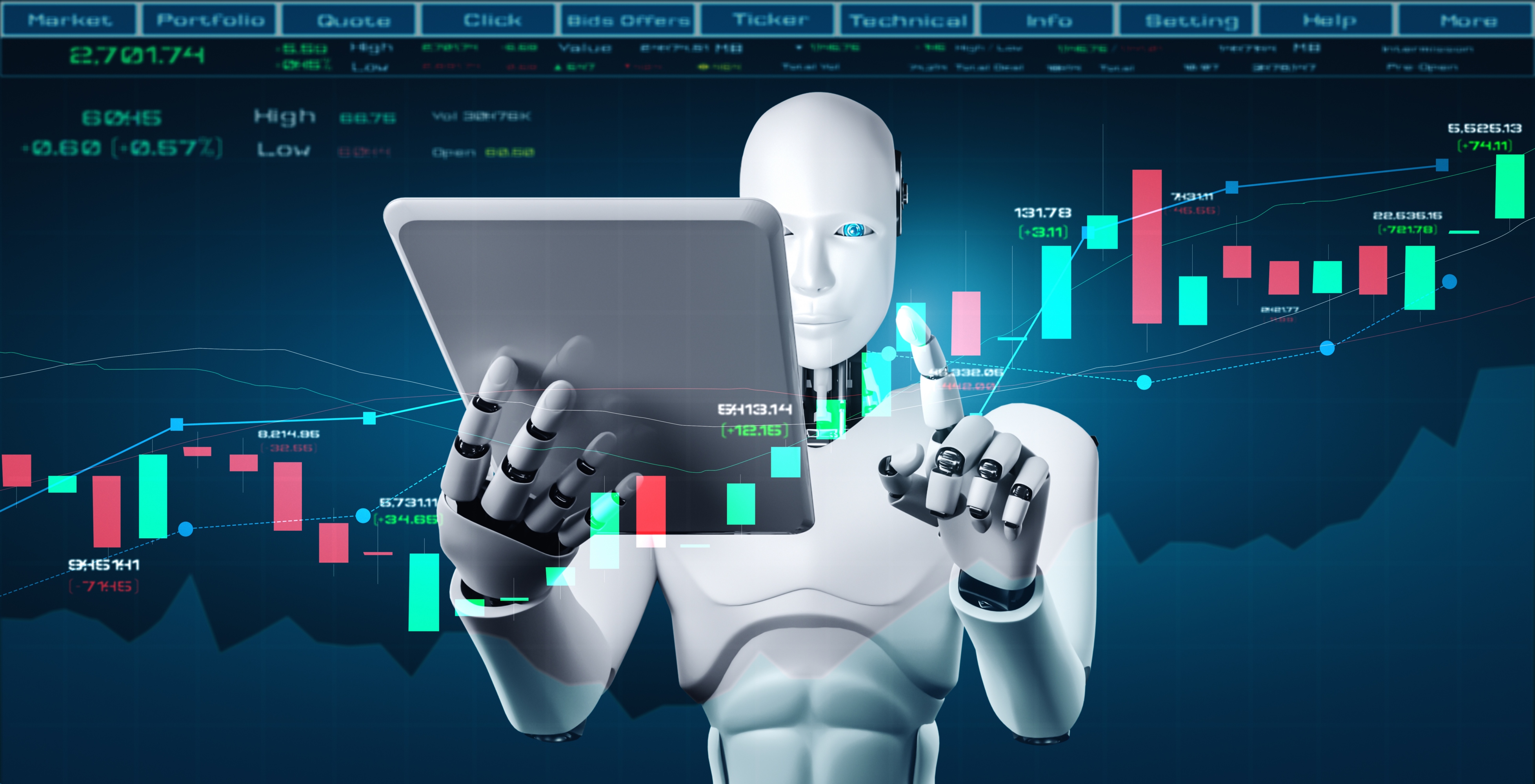Artificial intelligence (AI) is transforming nearly every industry as companies harness the power of "thinking" machines to revolutionize how we live and work. From manufacturing to medicine, AI is making tasks easier and solving unsolvable problems.
One sector experiencing enormous AI-driven change is finance. In foreign currency (Forex) trading, AI enables automated algorithmic platforms to operate with speeds and complex decision-making abilities exceeding human traders. These machine-learning algorithms can analyze massive amounts of data, identify profitable trades, and execute orders in milliseconds. As a result, AI is driving innovation and operational efficiency throughout financial markets in unprecedented ways.
At its core, artificial intelligence refers to any technology that allows machines to demonstrate human-level intelligence for specific tasks. Unlike human cognition's generalized problem-solving abilities, AI excels at accomplishing defined functions:
- Natural language processing technology can "read" text and interpret human languages at scale.
- Machine learning algorithms can adapt to new data inputs without overhauling coding.
- Intelligent agents can act autonomously towards defined objectives.
These diverse components of AI collectively emulate or even surpass human-like abilities.

AI Forex Trading FAQ
Q1: Can AI be used in forex?
AI plays a significant role in forex trading. By leveraging AI technology, traders can analyze vast amounts of real-time market data, identify price patterns, and predict Forex market trends. This empowers traders to make informed decisions and generate trading signals based on AI-driven insights.
Q2: How to use AI in forex trading?
To incorporate AI into forex trading, it's essential to gather and analyze relevant data on market trends, news, economic indicators, and other factors influencing currency exchange fluctuations. AI algorithms can then analyze this data, uncover price patterns, and provide valuable insights to aid traders in making profitable trading decisions.
Q3: Will AI replace forex traders?
AI technology is revolutionizing the forex market, offering new perspectives and tools for traders. While AI enhances decision-making capabilities and provides potential trading opportunities, it does not completely replace forex traders but AI serves as a powerful tool that enables traders to better analyze market data, identify profitable trades, and make informed trading decisions.
Q4: Is it illegal to use AI to trade?
Using AI for trading, including algorithmic trading, is legal. However, concerns have been raised about the impact of automated trading on the markets but there are currently no specific rules or laws restricting retail traders from utilizing AI-powered trading algorithms.
Q5: Do AI trading bots work?
Yes, AI trading bots offer numerous advantages, including enhanced performance and the ability to leverage profitable strategies without extensive manual analysis. These AI bots are particularly popular in crypto trading, enabling traders to use AI-driven strategies and potentially achieve better results.
AI Industry: Applications and Thematic Opportunities
AI technology has revolutionized various sectors, offering a wide range of applications and creating new thematic opportunities:
-
Healthcare sector: AI is utilized for diagnosing diseases, analyzing medical images, and predicting patient outcomes.
-
Finance benefits from AI-driven algorithms, risk assessment, and portfolio management.
-
Car manufacturing: AI enhances autonomous driving systems and improves vehicle safety.
-
Robotics and automation rely on AI to streamline manufacturing processes and enhance productivity.
-
AI-powered educational tools and virtual assistants transform the field of education.
-
Agriculture utilizes AI for precision farming, crop monitoring, and yield optimization.
In addition to these sectors, AI presents an exciting thematic opportunity alongside water, electric vehicles, and 5G.
AI in Forex Trading
Statistics indicate that a significant majority of forex traders currently employ robots or expert advisors (EAs) powered by trading AI technologies. These technologies empower traders to swiftly and accurately analyze vast volumes of data, providing them with a competitive edge. Real-time data tracking is another vital aspect where AI excels, enabling traders to monitor market fluctuations and trends and make informed decisions promptly.
AI trading applications include:
-
analyze vast amounts of data,
-
analyze historical prices,
-
analyze past economic events to develop prediction models.
The use of machine learning algorithms in trading has also gained traction, aiding in:
-
Forex signal generation,
-
feature engineering,
-
building automated trading strategies and expert advisors (EAs),
-
backtesting trading ideas,
-
and the prediction of future market movements.
However, it is important to note that the application of machine learning in Forex trading is nuanced, with certain areas relying more heavily on modern machine learning techniques than others.
As we delve deeper into the topic, we will explore the applications of AI in Forex trading, the role of machine learning algorithms in algorithmic trading, and the potential future impact of AI and machine learning in the finance industry.
By understanding these advancements, we can gain insights into the changes underway and the opportunities they present. It is essential to recognize that while AI in trading has made significant progress there are still areas that require further development. Nonetheless, the potential of AI and machine learning in reshaping the financial landscape is immense, and understanding these transformative technologies is crucial for professionals and Forex traders alike.
Machine Learning in Algorithmic Trading
Forex AI trading, powered by cutting-edge machine learning algorithms, has witnessed a remarkable surge in popularity. By harnessing programming languages like C++, Python, and R, traders can leverage the power of artificial intelligence (AI) and machine learning to enhance their forex trading strategies.
Machine learning algorithms form the backbone of algorithmic trading, enabling traders to uncover patterns, make predictions, and automate trading strategies. These algorithms encompass a range of techniques including:
-
Supervised learning algorithms are trained on labeled historical data, enabling them to make predictions based on patterns and relationships.
-
Unsupervised learning algorithms, on the other hand, analyze unlabeled data to uncover hidden structures and insights.
-
Reinforcement learning algorithms learn through trial and error, adapting their strategies based on feedback received from the market.
Utilizing ML Algorithms in AI Forex Trading:
Forex trading AI involves the utilization of various machine learning (ML) algorithms to achieve different objectives, such as:
-
Linear Regression
-
Support Vector Machine (SVM)
-
Deep Learning
-
Random Forests (RM)
-
K-Nearest Neighbor (kNN)
-
Logistic Regression
-
Classification and Regression Tree (CART)
These algorithms enable traders to construct decision models, identify correlations between variables, and make data-driven trading decisions. By integrating ML algorithms into forex AI trading software, traders can optimize inputs, analyze vast historical market data, and predict market trends with greater accuracy.
The Future of AI in Trading:
The increasing adoption of AI in algorithmic trading reflects the significant impact it has already made in the financial sector. According to a recent survey conducted by London-based market intelligence specialist Market Makers, an impressive 90% of the top 50 hedge fund managers plan to leverage artificial intelligence to achieve portfolio returns in 2023.
Hedge funds, including renowned institutions like Jane Street, Barclays, HSBC, Apollo, and Bridgewater & Associates, have embraced artificial intelligence trading analysis to gain a competitive edge in the market.
How Artificial Intelligence Helps Forex Traders
From completely autonomous trading platforms to predictive analytics, sentiment analysis, pattern recognition, and natural language processing (NLP), AI in forex trading empowers traders to make informed decisions, maximize trading potential, and stay ahead in the dynamic forex market.
AI-Driven Trade Robots
AI-driven trade robots, known as autonomous trading platforms, have redefined forex trading by leveraging advanced algorithms and AI technology to execute trades based on pre-programmed rules. With minimal human involvement, traders benefit from the speed, precision, and objectivity offered by autonomous trading systems. AI forex trading platforms analyze patterns, and execute trades with efficiency, providing traders with a competitive edge.
Analytics for Future Forecasting
AI's predictive analytics capabilities are invaluable for forex traders. By analyzing historical market data, AI algorithms identify patterns and trends that can be used to forecast future market movements.
AI-Driven Sentiment Analysis
AI-driven sentiment analysis plays a crucial role in understanding market sentiment by analyzing social media posts and news articles; these AI tools can gauge market sentiment and detect trends. Traders can leverage these insights to anticipate market changes and adjust their trading strategies accordingly. For instance, sentiment analysis algorithms detecting a surge in positive or negative sentiment toward a currency pair can guide traders in making timely trading decisions.
Pattern Recognition
AI for trading can also be used to analyze price charts, identify recurring patterns, and forecast future price movements. By leveraging AI's ability to detect patterns that are difficult to identify manually, traders gain a competitive advantage in identifying optimal entry and exit points which can increase the potential for profitable trades.
Final Thoughts
Artificial intelligence (AI) will not completely replace humans but there is going to be a collaboration between humans and machines which brings forth new job opportunities and tasks. In essence, AI has the power to automate and industrialize intellectual tasks that were once solely associated with the human mind.
One significant challenge is the fact that AI models heavily rely on high-quality data for accurate predictions and analysis. Poor data quality or incomplete datasets can adversely affect the performance and reliability of AI systems which is why traders should ensure that they have access to reliable and comprehensive data sources to maximize the effectiveness of AI in forex trading.
Explore our top brokers' comparison page to find the perfect match for your trading needs. Also, you can check our Alpari Trading Accounts Comparison. Our comprehensive comparison provides valuable insights into the key features, services, and trading platforms offered by the best forex brokers in the market.
For more of Top Brokers visit our Broker Guides:

 RoboForex
RoboForex Exness
Exness FxPro
FxPro Alfa-Forex
Alfa-Forex Libertex
Libertex FxGlory
FxGlory XM
XM IC Markets
IC Markets Forex.com
Forex.com AXITrader
AXITrader